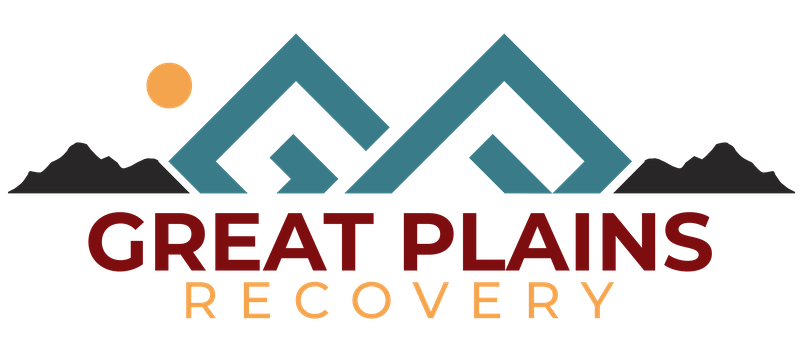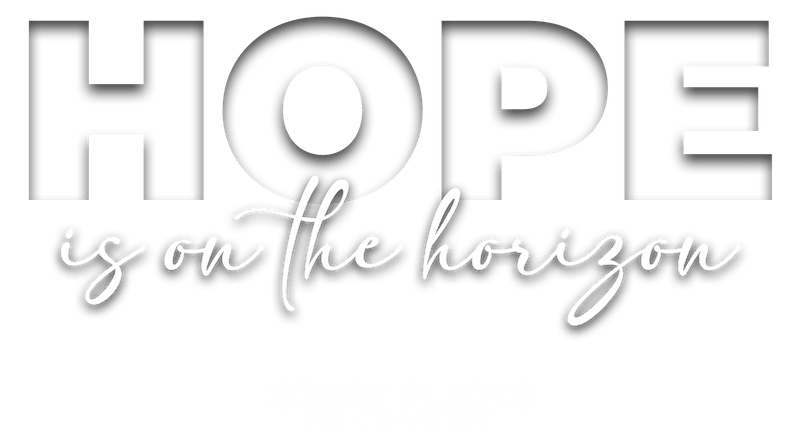
Embarking on a career change can be both exciting and challenging for anyone. For individuals in recovery, this transition carries additional considerations to maintain sobriety while pursuing professional growth. This comprehensive guide offers insights and strategies for successfully navigating job transitions while in recovery, empowering you to build a fulfilling career without compromising your health and well-being.
Assessing Readiness for a Job Change
Before diving into a career transition, it’s crucial to evaluate your readiness, both in terms of recovery and professional preparedness.
Recovery Stability
- Length of sobriety: Consider how long you’ve been sober and whether you feel stable in your recovery.
- Support system: Ensure you have a strong network of support, including sponsors, therapists, or support groups.
- Stress management skills: Assess your ability to cope with stress without turning to substances.
Professional Preparedness
- Skills inventory: Take stock of your current skills and how they align with your desired career path.
- Career goals: Clearly define your short-term and long-term career objectives.
- Market research: Investigate the job market in your desired field to understand opportunities and challenges.
Managing Stress During the Transition
Career transitions inevitably involve some level of stress. Developing effective stress management techniques is crucial for maintaining recovery during this period.
Stress-Reduction Strategies
- Mindfulness practices: Incorporate meditation or deep-breathing exercises into your daily routine.
- Physical activity: Regular exercise can help reduce stress and improve overall well-being.
- Time management: Break down your job search or transition tasks into manageable steps to avoid feeling overwhelmed.
- Self-care: Prioritize activities that promote relaxation and personal well-being.

Before diving into a career transition, it’s crucial to evaluate your readiness, both in terms of recovery and professional preparedness
Communicating with Potential Employers
Deciding whether to disclose your recovery status to potential employers is a personal choice. However, understanding your rights and preparing for these conversations can be empowering.
Disclosure Considerations
- Legal protections: Familiarize yourself with the Americans with Disabilities Act (ADA) and how it applies to individuals in recovery.
- Company culture: Research potential employers to gauge their stance on mental health and substance use recovery.
- Personal comfort: Only share what you’re comfortable with, focusing on your current abilities and future potential.
If you choose to disclose, frame your recovery as a strength, highlighting skills such as perseverance, self-awareness, and personal growth.
Balancing Recovery Commitments with New Job Responsibilities
Maintaining your recovery should remain a top priority as you transition into a new role.
Strategies for Work-Recovery Balance
- Schedule management: Plan your work schedule to accommodate recovery meetings or therapy sessions.
- Boundary setting: Communicate your needs clearly with your new employer regarding overtime or work-related social events.
- Stress check-ins: Regularly assess your stress levels and adjust your recovery plan as needed.
Leveraging Recovery Skills in Your Professional Life
Many of the skills and insights gained through recovery can be valuable assets in your professional life.
Transferable Skills from Recovery
- Resilience: The ability to overcome challenges and bounce back from setbacks.
- Emotional intelligence: Enhanced self-awareness and interpersonal skills.
- Time management: Experience in structuring your day for recovery activities can translate to efficient work habits.
- Teamwork: Skills developed in group therapy or support meetings can enhance collaboration in the workplace.
Overcoming Common Challenges
Job seekers in recovery may face unique challenges. Being prepared can help you navigate these obstacles successfully.
Common Hurdles and Solutions
- Employment gaps: Be honest about gaps in your resume, focusing on personal growth and skills developed during that time.
- Limited network: Utilize recovery support groups and career services to expand your professional network.
- Self-doubt: Work with a career counselor or therapist to build confidence in your abilities and potential.
Resources for Career Development in Recovery
Numerous resources are available to support your career transition while maintaining your recovery.
Helpful Tools and Services
- Vocational rehabilitation services: Many states offer programs specifically for individuals in recovery.
- Online learning platforms: Websites like Coursera or edX offer courses to enhance your skills.
- Recovery-friendly workplaces: Some organizations specifically support and hire individuals in recovery.
Great Plains Recovery Center supports local businesses and organizations committed to supporting individuals in recovery, providing clients with valuable connections and opportunities.
Your Path to Professional Growth in Recovery
Navigating a career change while in recovery presents unique challenges, but it also offers incredible opportunities for personal and professional growth. By carefully assessing your readiness, managing stress effectively, and leveraging the strengths you’ve developed in recovery, you can successfully transition into a fulfilling new career.
At Great Plains Recovery Center in Tulsa, Oklahoma, we understand the importance of holistic recovery that encompasses all aspects of your life, including your professional aspirations. Our comprehensive programs and dedicated staff are here to support you in maintaining your recovery while pursuing your career goals.
If you’re considering a career change and want personalized guidance on balancing your professional ambitions with your recovery journey, contact Great Plains Recovery Center today at 844-918-3518. Our experienced team can provide you with the tools, resources, and support you need to thrive in both your recovery and your career.
Remember, your recovery journey has equipped you with unique strengths and perspectives that can be invaluable in the workplace. Embrace this new chapter with confidence, knowing that you have the support and skills to succeed!




